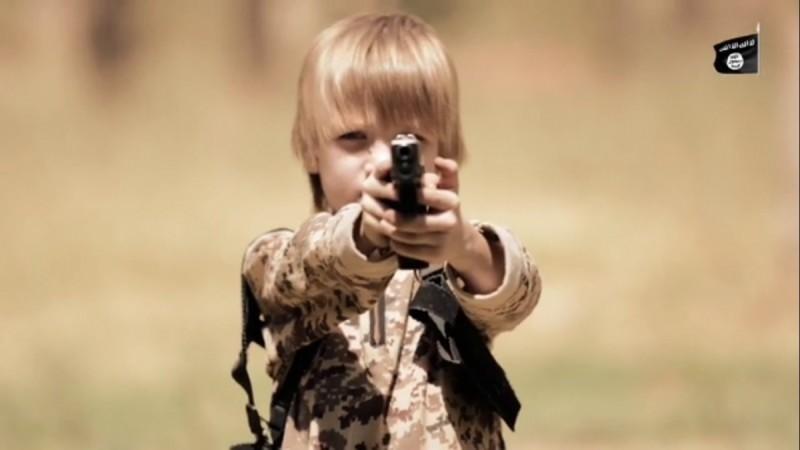
US President Donald Trump has announced that Daesh or ISIL (Islamic State for Iraq and Levant) caliphate's first caliph Abu Bakr al-Baghdadi committed suicide by detonating his suicide vest after he was cornered at the dead-end of a tunnel by the US special operations forces. He was one of the most feared terrorists in the world – until his end in a tunnel in Idlib in northwestern Syria on the border with Turkey – with a $25 million US bounty on information leading to him.
His practice of decapitating captives and posting videos on social media was considered as proof of a macabre mind
Abu Bakr al-Baghdadi had declared himself the first caliph of the Daesh (Islamic State) also known variously as ISIL, the Islamic State of Iraq and Levant, and ISIS, the Islamic State of Iraq and Syria, where he vowed to enforce the Shariah, the Islamic code of jurisprudence, in its unadulterated form. Daesh in all its different hues of nomenclature is a UN-designated terrorist organisation. Born on July 28, 1971, as Ibrahim Awad Ibrahim Ali al Badri in Samarrai about 125km from Baghdad, he came to be known as al Baghdadi later in reference to his area of work as a hard-line preacher.
Al Baghdadi seems to have adopted the name Abu Bakr to draw a comparison with Prophet Mohammed's follower and first caliph, Abu Bakr. He was associated with Al Qaeda until he joined in 2013 a group that was known as Jama'at al-Tawhid wal-Jihad in 1999 as an affiliate of Al Qaeda. He soon renamed the outfit as Daesh or Islamic State.
Sunni-Shia carnage
Al Baghdadi was more feared than Osama bin Laden who the US reckons masterminded September 11, 2001, attacks on the US mainland including the one that decimated the twin towers of World Trade Center. While bin Laden mostly targeted the US state and military assets, al Baghdadi employed medieval methods of execution, apparently to remain true to the practices in Mecca during the times of early days of Islam. His practice of decapitating captives and posting videos on social media was considered as proof of a macabre mind. Even more morbid was the practice of using children to decapitate captives on camera and posting the videos on social media.

Al Baghdadi belonged to the Sunni sect, a minority in the Shia-dominated Iraq, and was known during his initial days for targeted attacks on Shia leaders. It is believed that his activities turned the Iraq war into a Sunni against Shia carnage, a division that split the nation and has not been healed more than a decade later. The rapid rise of his power is attributed to the availability of hundreds of thousands of disillusioned Baathist fighters in the post-Saddam Hussein Iraq, following the Iraqi administration's drive to purge Baathist elements.
IS-controlled large swathes of land in Iraq for a long time including the oil-rich areas around Erbil, the centre of Iraqi Kurdistan. He continued to wage a battle against the Kurds for the control of the oil. IS raised money for its sustained campaign against the West by black-marketing the oil. The Kurds finally managed to evict al Baghdadi from the Kurd areas from where he and his commanders fled to Syria.
Al Baghdadi exerted immense influence among the Gulf Arab countries and is seen as the reason for a split in the Gulf Cooperation Council (GCC). Qatar's isolation in the GCC is linked to the funding of ISIL. Another major blow for al Baghdadi was the fall of Raqa, the headquarters he founded in Syria after fleeing Iraq. Reports about his death had appeared several times in the past, but the confirmation never came.
The ISIL itself would soon come out with audio or video proof of al Baghdadi's survival. He had been on the run for long with the US special operations forces hot on pursuit. When the end came, Trump said, he was reduced to a 'whimpering' wreck who detonated his suicide west to take his life and in the process killing three of his own children.









